179 fantastic facts for kids to really blow their mind - from sharks and cats to space and tornadoes
Fun facts for kids to dazzle and amaze little ones... and a few adults too

Turn these fun facts for kids into a learning game and challenge them to search for other amazing facts too.
Kids love to learn new things. Their curious minds are always seeking out fascinating information, whether it's riddles for kids, funny dad jokes and knock-knock jokes, or random facts, like who was Guy Fawkes? As a parent, it can be hard to keep up with their endless questions. That's why fun facts for kids are such a great way to spark conversation and turn any moment into a chance to learn together.
As Goodto.com Family Editor Stephanie Lowe says, "Getting my 5-year-old to talk about his day is tricky. So I started saying 'Today I learned...' which prompts him to share something he learned without me firing questions. But as an adult, I don't learn many kid-interesting things, so this page of fun facts is invaluable!"
Covering topics like animals, space, geography, sharks, tornadoes, and the human body, these fun facts will never leave you without something cool to share. Turn learning into a game - challenge kids to find more amazing facts. Whether you need fun things to do with kids on a rainy day or just want to satisfy curious young minds, these fun facts will capture your kids' attention.
Fun facts for kids
- The festive tradition of the Christmas tree dates back thousands of years to the Romans and Ancient Egyptians.
- The Queen had two birthdays a year.
- Queen Elizabeth owned more than 30 corgis in her lifetime.
- No word in the dictionary rhymes with the word orange.

- Apples float on water!
- Number four is the only one with the same amount of letters.
- More than 480 million people have played Monopoly.
- Tomatoes and avocados are actually fruits, not vegetables.
- The opposite sides of the dice always add up to seven.
- A bolt of lightning is five times hotter than the sun.

- A jar of Nutella sells every 2.5 seconds.
- The world's tallest man was Robert Wadlow from Michigan, America. He measured 8 feet and 2 inches (or 272cm).
- 'Arachibutyrophobia' is the fear of getting peanut butter stuck to the roof of your mouth.
- There are 31,557,600 seconds in a year.
Royal facts for kids
- The first ever King of England was called Athelstan, ruling from 925-939AD.
- Kings and Queens have two birthdays (one that is the day they're born and the other is the Trooping the Colour).
- Queen Elizabeth II was the longest-ever reigning monarch until she died in 2022.
- Princess Diana's wedding dress, in 1981, was decorated with over 10,000 pearls.

- King Charles doesn't need a passport to travel abroad.
- The Royal Family isn't allowed to give out autographs.
- King Charles was born at 9:14pm on November 14th - we wonder if 14 is his lucky number?
- King Charles is a qualified pilot.
- The official dish of King Charles' coronation in 2023, is the coronation quiche.
Animal facts for kids
- Octopuses have three hearts.
- Bees are found everywhere in the world apart from Antarctica.
- Caterpillars have 12 eyes!
- Horses and cows sleep standing up.
- There are more than 1,000 kinds of bats in the world.
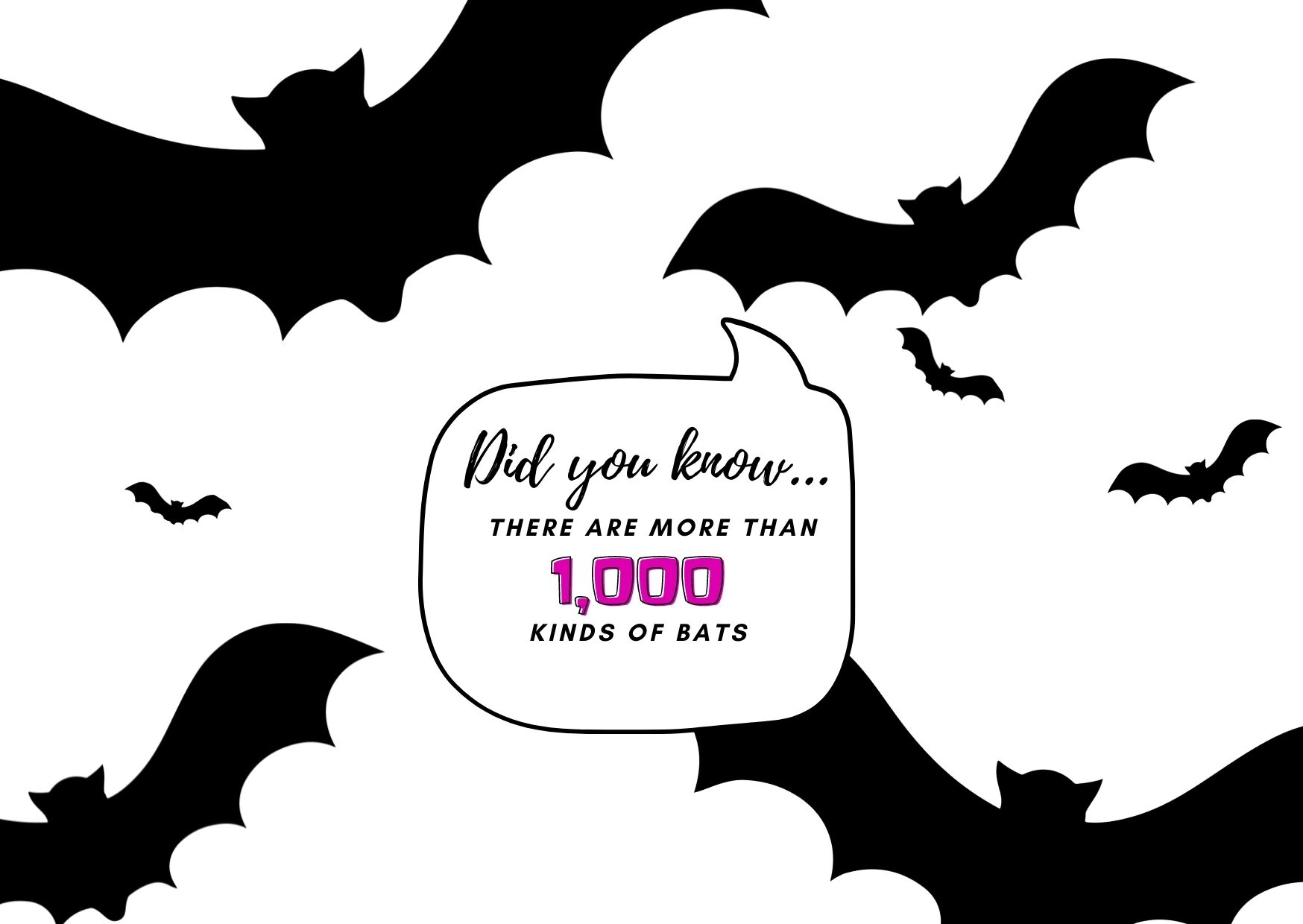
- A hippopotamus can run faster than a man.
- A crocodile cannot stick its tongue out.
- Most insects hatch from eggs.
- Pigs can't look up into the sky - it's physically impossible.
- The shark is the only fish that can blink with both eyes.
- An ostrich's eye is bigger than its whole brain.
- Kangaroos can't walk backward.
- A dog's nose is like a human fingerprint - unique to its owner.

- A dog's hearing is 10 times better than a human's.
- Dogs can smell 100,000 times better than humans.
- A group of frogs is called an army.
- A pet hamster can run up to eight miles a night on a wheel.
- Monkeys can go bald in old age, just like humans.
- Frogs drink water through their skin.
- Only male toads croak.
- Owls can't move their eyeballs.
- Octopuses have blue blood and nine brains.

- Emperor penguins can last 27 minutes underwater and can dive as deep as 500m.
- A prawn or shrimp's heart is in their heads.
- Hummingbirds can fly backwards.
- A tiger's skin is striped like its fur.
- Most fish don't have eyelids.
- Gorillas burp when they are happy.
- The hippopotamus produces pink milk.
- Slugs have four noses!

Human body facts for kids
- As well as having unique fingerprints, we all have unique tongue prints.
- Fingernails grow four times faster than your toenails.
- It is impossible to lick your own elbow.
- About 70% of an adult's body is water.
- The human eye can distinguish about 10 million different colours.
- Your nose and ears continue growing for your entire life.
- You can not talk and inhale or exhale at the same time... try it!
- Your heart is about the same size as your fist.
- When you grow up you'll have 32 teeth.
- Every step you take uses 200 different muscles in the body.
- Humans share 50% of their DNA with bananas.
- An average yawn lasts six seconds.
- The human nose can detect and recognise three trillion different scents.
- Australia has the most amount of reptiles in the world (over 750 different species!)
Cat facts for kids
- Cats are believed to be the only mammals who don’t taste sweetness.
- Cats can jump up to six times their length.
- Cats have 230 bones, while humans only have 206.
- Cats use their long tails to balance themselves when they’re jumping or walking along narrow ledges.
- Despite popular belief, many cats are actually lactose intolerant.
- When a cat makes a question-mark-shaped tail it's asking, “Want to play?”
- Cats have a unique “vocabulary” with their owner — each cat has a different set of vocalizations, purrs and behaviours.
- Cats mark you as their territory when they rub their faces and bodies against you, as they have scent glands in those areas
Geography facts for kids
- There may have been four different Ice Ages, where the world was completely covered in ice, not just one.
- The world's heaviest carrot grown by Christopher Qualley in the USA weighed 10.7kg (or 22.44 lb).
- French fries originated in Belgium, not France.
- 90% of Earth's population lives in the Northern Hemisphere.
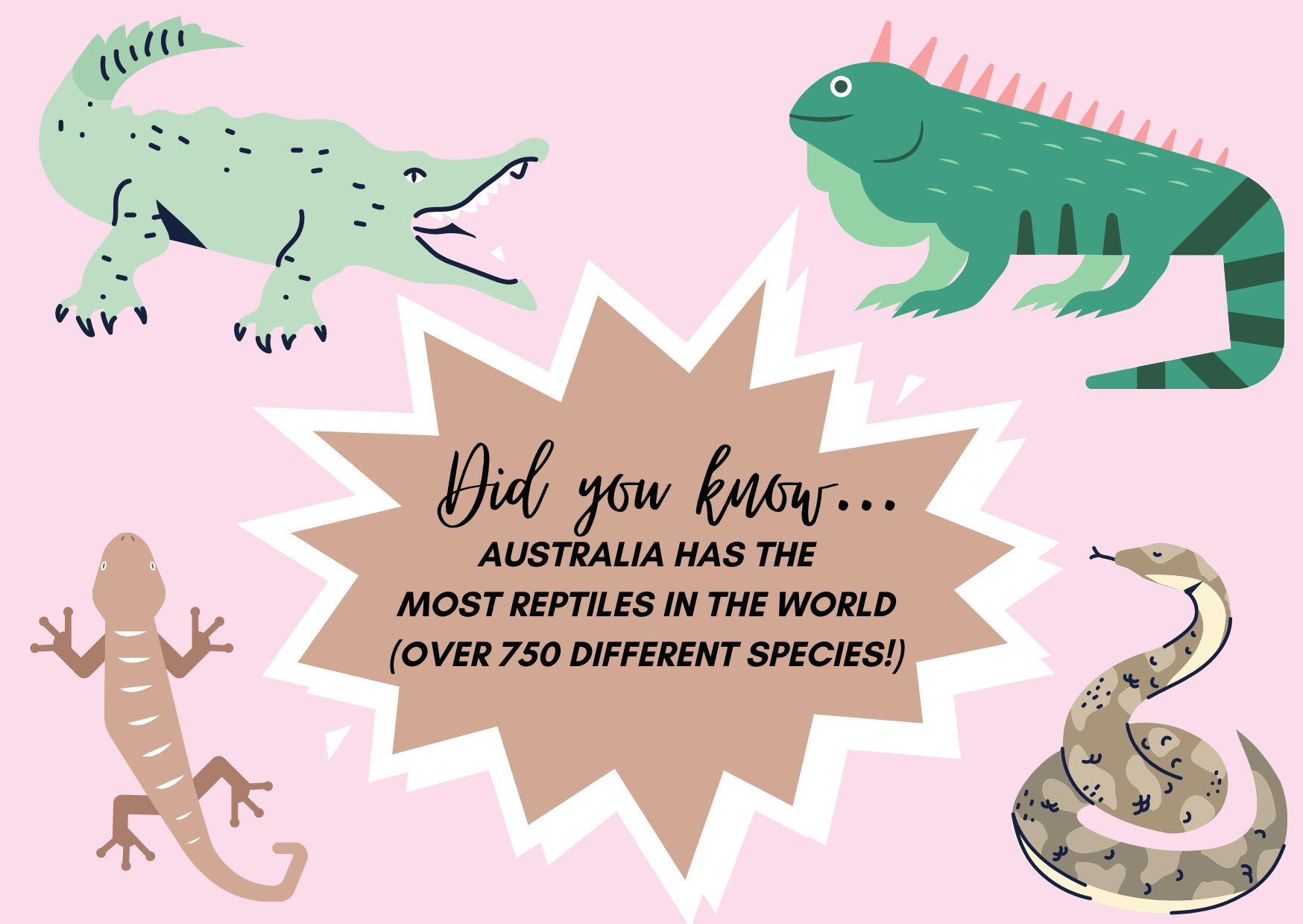
- There is a tree called the Idiot Fruit, it grows in Australia's Daintree rainforest.
- The smallest country in the world is the Vatican City in Rome, Italy. It's only about 109 acres.
- It took nearly 1500 years to build Stonehenge.
- The city of Bangkok in Thailand has the longest name in the world and is actually called Krung Thep Mahanakhon Amon Rattanakosin Mahinthara Yuthaya Mahadilok Phop Noppharat Ratchathani Burirom Udomratchaniwet Mahasathan Amon Piman Awatan Sathit Sakkathattiya Witsanukam Prasit.
- The tallest building in the world is the Burj Khalifa in Dubai, which is 828 metres tall with 163 floors.
Lion facts for kids
- Lions are the only big cats that live in groups called prides, consisting of several related females and their young, along with a few male lions.
- A male lion's majestic mane helps protect its neck during fights and also acts as a visual signal of strength to other lions.
- Lions are skilled hunters and can run up to 50 miles per hour (80 kilometres per hour) in short bursts while chasing prey.
- Lionesses, the female lions, do most of the hunting for the pride and work together to take down large animals like zebras and wildebeests.
- Lions have a special adaptation called retractable claws that allow them to extend their sharp claws for hunting and retract them when walking.
- Male lions can weigh up to 550 pounds (250 kilograms), while females are generally smaller, weighing around 350 pounds (160 kilograms).
- Lions have excellent night vision, which helps them hunt in low-light conditions and gives them an advantage over their prey.
- A lion's roar can be heard from as far as five miles (eight kilometers) away, making it one of the loudest roars in the animal kingdom.
- Lions are known to be very social animals, often seen grooming each other or napping together in the shade.
- Female lions are responsible for raising the cubs, teaching them how to hunt, and protecting them from predators.
- Lions are powerful carnivores, meaning they primarily eat meat, and their diet consists mainly of large herbivores.
- Cubs start learning to hunt when they are around one year old but typically stay with their pride until they are about two or three years old.
- Lions are found in parts of Africa and a small population in the Gir Forest of India. They once roamed across much of Europe, Asia, and Africa.
- A lion's roar can help establish and defend its territory, warning other lions to stay away.
- Lions have been symbols of power and strength in many cultures throughout history and are often referred to as the "King of the Jungle" or "King of the Beasts."
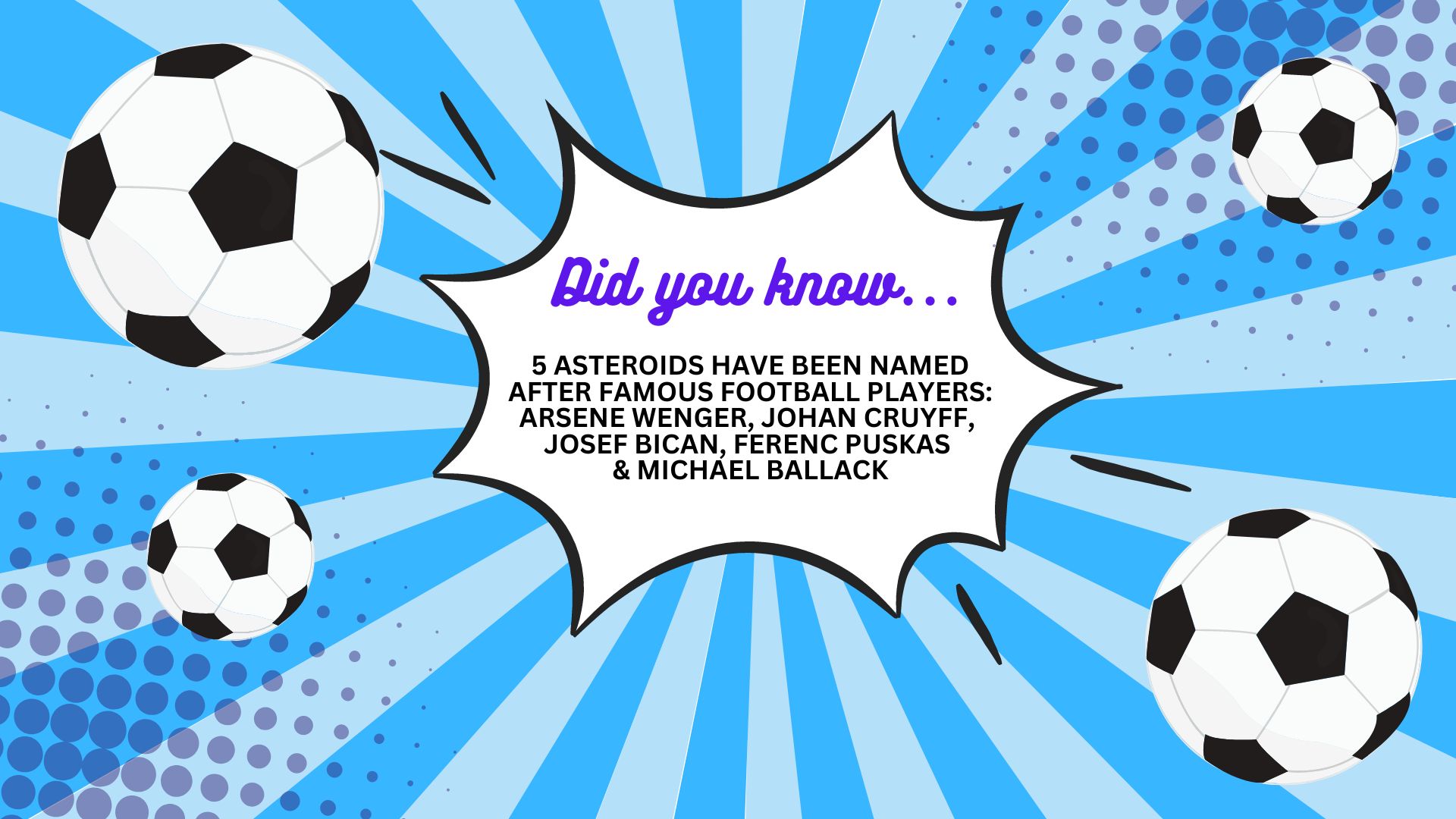
Football facts for kids
- The longest goal ever scored was from over 82 metres away by Asamoah Gyan of Sunderland in 2013.
- The fastest goal in World Cup history was scored by Hakan Sukur of Turkey after just 10.8 seconds in 2002.
- Footballs were once made from pig bladders and cow stomach linings.
- The youngest football player to play in a World Cup was Norman Whiteside of Northern Ireland in 1982 at age 17.
- The heaviest football weighed almost 10 kilos and was used in the early 1900s before lighter materials were created.
- Brazilian legend Pele claims he scored over 1,200 goals in his career, though not all were officially recorded.
- The world's oldest football player was an Egyptian called Ezzeldin Bahader who played at age 75 in 2020.
- It would take over 2 million footballs to fill up an entire World Cup stadium.
- The England v Scotland football match in 1872 was the world's first international match.
Shark facts for kids
- The largest shark is the whale shark which can grow up to 60 feet long.
- Sharks continue to grow new teeth throughout their lives - some produce over 20,000 teeth.
- Great white sharks can detect one drop of blood in 25 gallons of water.
- Shark embryos eat their littermates in the womb - the biggest pup emerges!
- Spiny dogfish sharks can live up to 100 years, one of the longest lived vertebrates.
- Angelsharks can flatten themselves to blend in with the ocean floor and ambush prey.
- Tiger sharks have such strong jaws they can crunch through sea turtle shells!
- Hammerhead sharks use their unique head shape to pin ray and stingray prey.
- Some sharks like great whites can raise their body temperature to gain speed and strength.
- The cookie cutter shark bites perfectly round chunks of flesh from its victims!
- Greenland sharks have the longest lifespan of all sharks at 400 years.
- Bull sharks can survive in freshwater and have been found over 4000 miles up the Amazon!
- Megalodon sharks were the largest fish ever at up to 60 feet long with 7 inch teeth!
- Sharks use the electrical signals from their prey's muscles to detect them.

Space facts for kids
- Mars is named after the Roman god of war because of its red colour.
- A year on Mars is 687 days long compared to Earth's 365 days.
- Mars has the largest volcanoes and canyons in the entire solar system.
- The tallest mountain in the solar system, at over 15 miles high, is on Mars.
- Mars has two tiny moons called Phobos and Deimos.
- NASA's Curiosity Rover takes selfies on Mars using a camera on its robotic arm.
- Martian sunsets and sunrises look blue because the Martian dust in the air scatters blue light.
- Strong winds on Mars can create huge dust tornadoes called dust devils over half a mile wide and high.
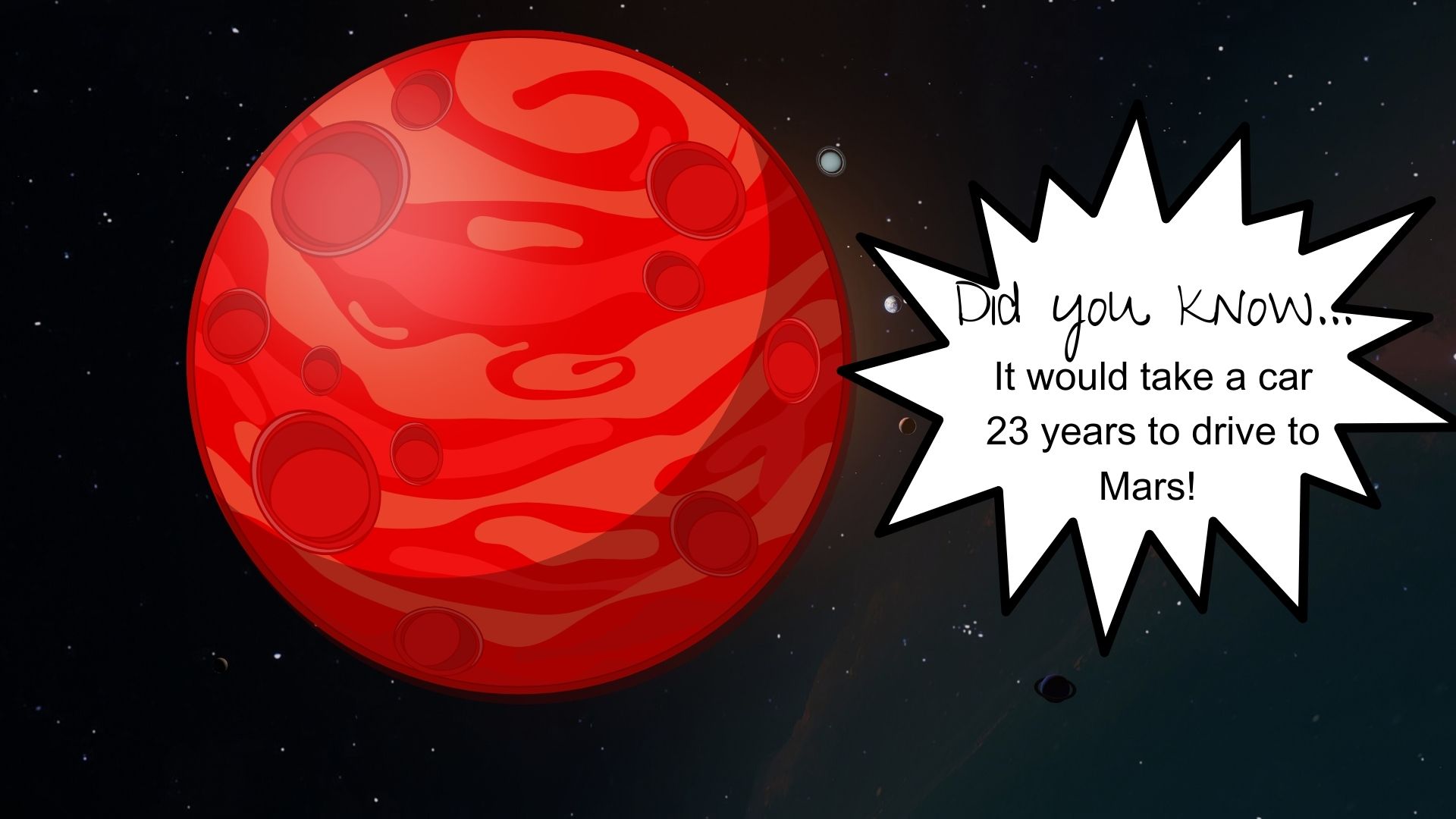
- The average temperature on Mars is -62C, making it much colder than the coldest place on Earth.
- Mars appears reddish-orange because the iron minerals in the soil rust from exposure to water and air.
- Scientists think an asteroid impact wiped out Mars' thicker atmosphere long ago.
- Evidence shows that ancient Mars had rivers, lakes and maybe even oceans of liquid water.
- You might think that stars are all the same, but each star is a different colour depending on its temperature.
- There are more stars in space than there are grains of sand on a beach.
- It would take only one hour to drive to space.
- Water covers 70% of Earth.
- The sun looks super close but it would take 70,000 years in our fastest spaceship to reach it.
- It won't be possible to walk on planets like Jupiter, Neptune, Saturn or Uranus as they don't have a solid surface and are made of gases mostly.
- The sunset on Mars appears blue.
- The average star is between 1 and 10 billion years old (although some are even older!)
Tornado facts for kids
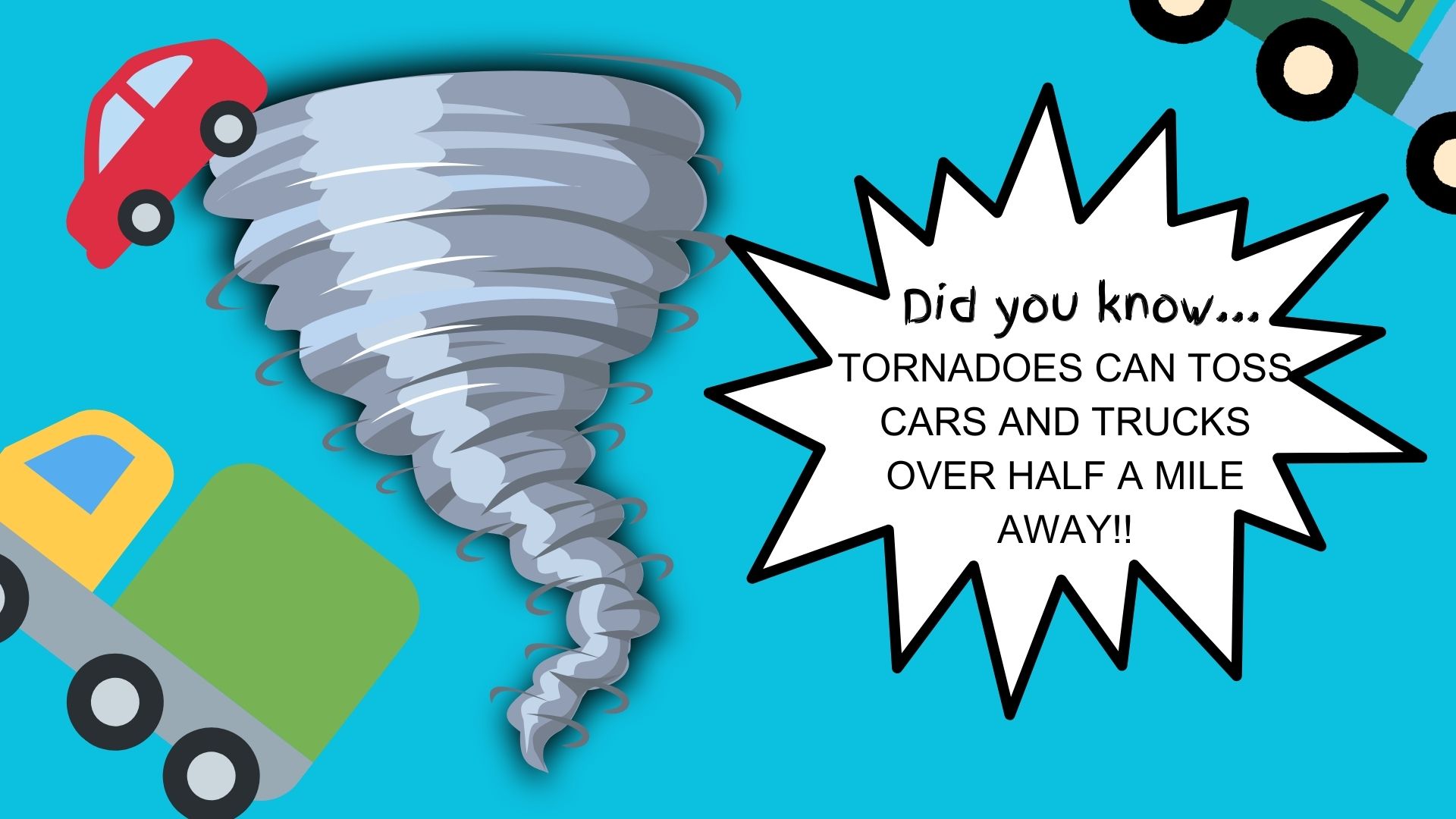
- Tornadoes can have winds of up to 300 mph, making them the most violent storms on Earth!
- The strongest tornado ever recorded was the El Reno tornado in 2013, with winds of up to 295 mph.
- The furthest distance anyone has ever been carried by a tornado and survived is 398 metres.
- About 1,200 tornadoes hit the US every year, mainly in the spring and summer months.
- Tornadoes can appear nearly transparent until they pick up dust and debris.
- Tornadoes' width ranges from just a few metres to over 2 miles wide!
- The highest winds ever measured inside a tornado were about 302 mph.
- Waterspouts are tornadoes that form over water.
- Some storms can produce multiple tornadoes at once, called tornado outbreaks.
- Tornadoes typically travel between 10-20 mph but can move much faster.
- The longest-tracking tornado travelled 219 miles across Missouri, Illinois and Indiana in 1925.
- Tornadoes can jump and skip, touching down in multiple spots.
Left-handed facts for kids
- Around 10% of the world's population is left-handed.
- Left-handedness is more common in boys than girls.
- Famous left-handed people include Leonardo da Vinci, Albert Einstein, and Barack Obama.
- The word "sinister" originally meant "left" in Latin, which is why left-handedness was seen as a negative trait in olden times.
- Left-handedness can run in families, so if your parents are left-handed, you're more likely to be too.
- In some ancient cultures, left-handedness was considered a sign of uniqueness or spiritual power.
- August 13th is International Left-Handers Day.
- Widely regarded as one of the greatest guitarists in history, Jimi Hendrix was a left-handed guitarist who famously played a right-handed guitar upside down.
- Left-handed people may use their brains in a special way. They sometimes share the work between both sides of their brain more evenly.
- If you have a twin brother or sister, there's a higher chance that one of you might be left-handed.
- The left-handed spiral of a snail's shell is referred to as "sinistral."
- Famous sports players, like the baseball player Babe Ruth and tennis star Rafael Nadal, are left-handed.
- The French word for left-handed is "gauche," which also means awkward.
- Studies suggest lefties hear speech with their right ear more accurately.
- The Ancient Greeks believed that left-handed people were extra special, and they even thought they were super lucky!
- American swimmer Michael Phelps, who is known to be left-handed, holds the record for the most Olympic medals won by any athlete, with 28 Olympic medals, including 23 golds.
- Famous left-handed musicians and singers include Paul McCartney, David Bowie, Kurt Cobain, Justin Bieber and Amy Winehouse.
- Some studies show that left-handed people are more like to have allergies.
- The term "southpaw" is often used to describe a left-handed person, especially in sports such as baseball.
- Left-handed scissors and tools are specially designed for left-handed people to make tasks like cutting or writing more comfortable.
- Just like people, some animals, such as cats and dogs, have a preference for using their left paws. Scientists even study this in animals, and they call it "lateralisation."
- Left-handed people often have their own unique style of handwriting because they have to push the pen across the paper rather than pull it as right-handers do.
- In some cultures, left-handedness was considered unlucky or associated with superstitions. For example, it was believed that using your left hand for tasks could bring bad luck.
- Some of the world's greatest composers, such as Ludwig van Beethoven and Sergei Rachmaninoff, were left-handed.
- Sean Wrona, a left-handed typist, set the record for the fastest typing speed on a keyboard, typing at a staggering 256 words per minute.

Explore loads more options to ignite your child's sense of curiosity and creativity, spanning from family-friendly adventures to 50 easy crafts for kids. Or consider an adventurous day trip to London to discover more amazing facts with our 100 free things to do with the family.
Parenting advice, hot topics, best buys and family finance tips delivered straight to your inbox.
Joanne Lewsley is mum to a tween, and freelance copywriter and editor who creates parenting, health and lifestyle content for evidence-based websites, including BabyCentre, Live Science, Medical News Today and more.